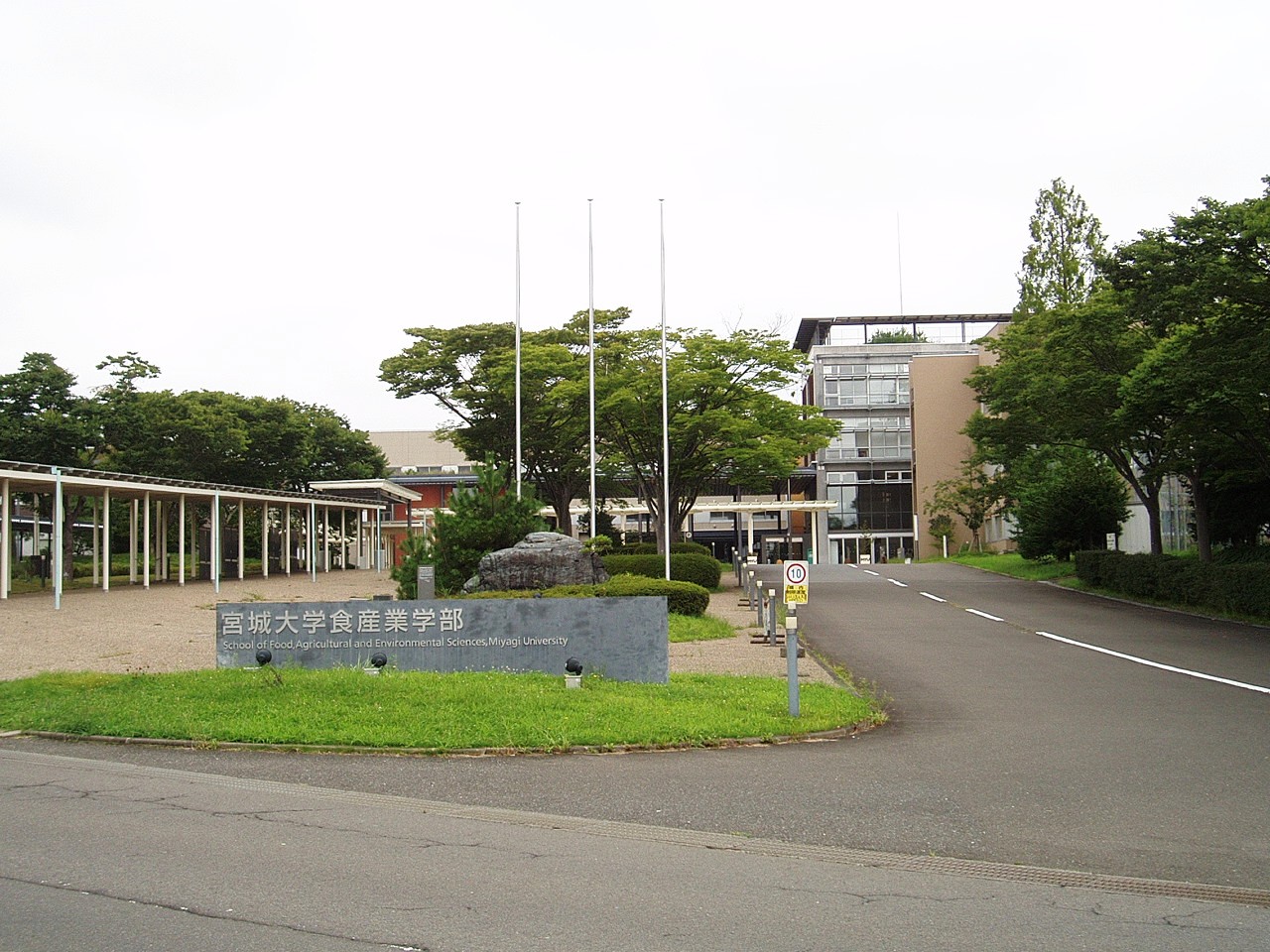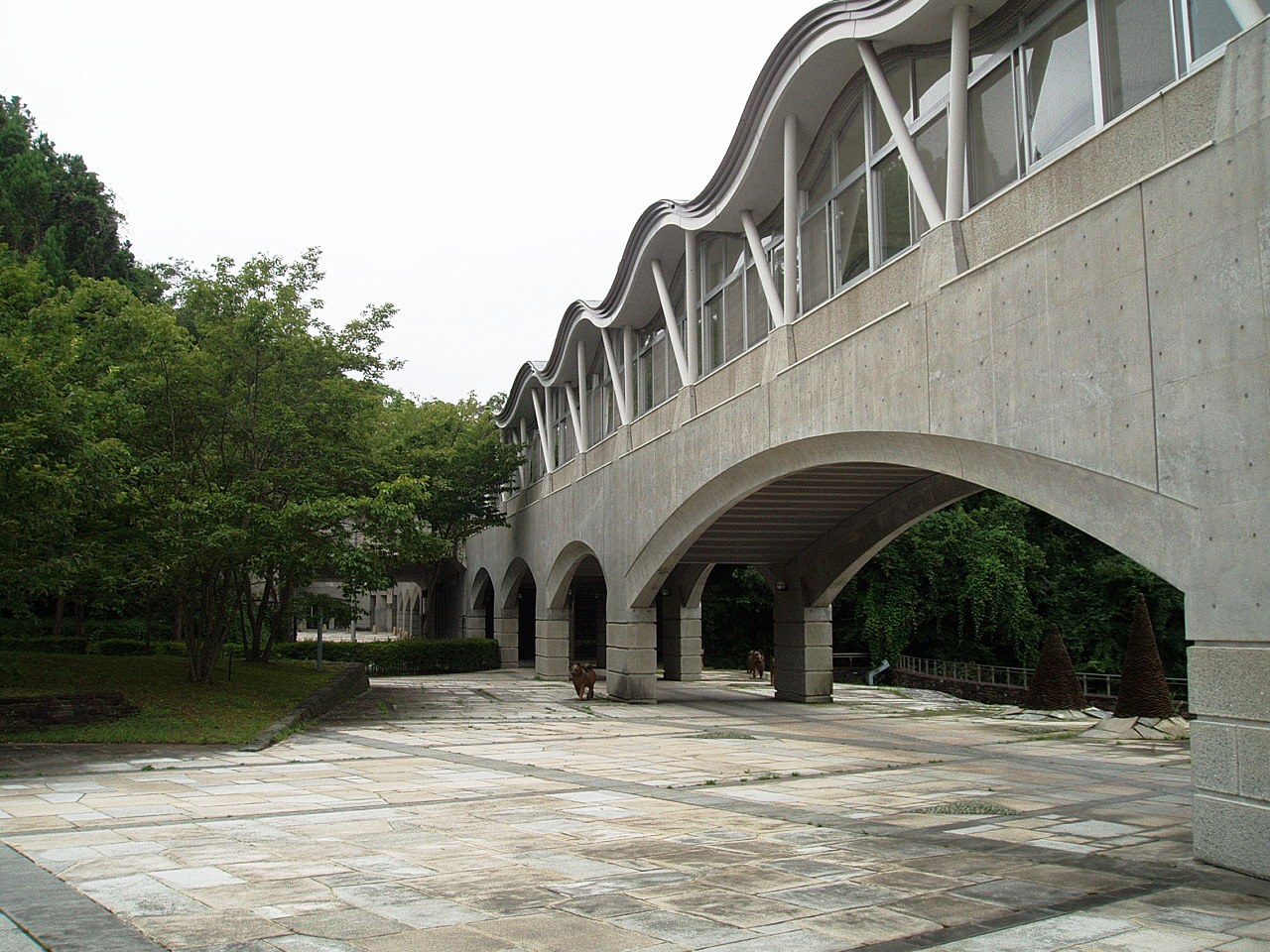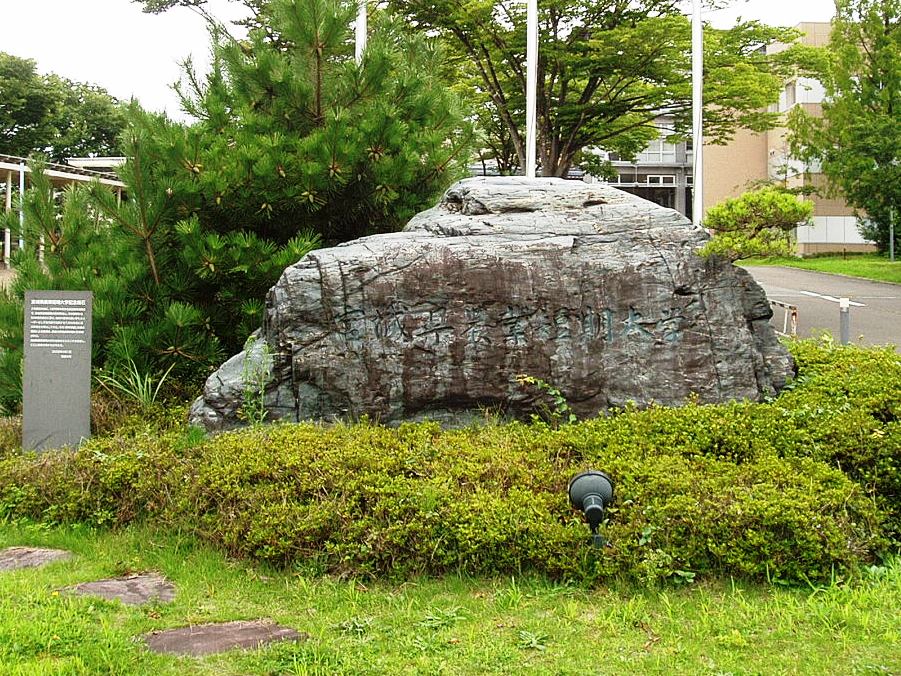Thinking about studying in Japan—without getting lost in Tokyo’s crowds or paying big-city rents? Miyagi University (MYU) in Sendai offers a practical, career-connected education across Nursing, Project Design (business/region/design), and Food Industrial Sciences, all on two friendly campuses near the mountains and the sea. This guide pulls together need-to-know facts—what MYU stands for, where it shines, student life for internationals, exchange options, climate, costs, and job outcomes—backed by official sources you can trust.






Quick-Facts Table
Below is a compact snapshot of Miyagi University. Numbers are from official sources and the university’s government profile; the latest student counts are as of May 1, 2025.
| Type (National/Public/Private) | Public (Prefectural) — Official English site |
| Total Students | 1,915 (as of May 1, 2025) — MYU “Number of Students” |
| Campuses | Main: Taiwa (Yamato) Campus; Second: Taihaku (Sendai) — Taiwa Campus / Taihaku Campus |
| Faculties/Schools | School of Nursing; School of Project Design (Business Planning / Regional Revitalization / Value‑Creation Design); School of Food Industrial Sciences (Biological Production / Food Management) — Academic Overview |
| Học phí | Undergraduate tuition: ¥535,800/year; Admission fee: ¥282,000–¥564,000 (varies by residency category). See MYU Fees & Scholarships for details. |
| Gender Ratio | Male 581 (30.3%) : Female 1,334 (69.7%) — MYU “Number of Students” |
| Intl‑Student % | ≈0.6% (11 international students, latest published) — MYU “Foreign Students, etc.” (PDF) |
| Students per Staff | ≈14.5 : 1 (1,915 students / 132 full‑time staff) — NIAD‑QE University Portraits |
Campus Maps
Taiwa Campus (Headquarters / Main)
Address: 1-1 Gakuen, Taiwa-cho, Kurokawa-gun, Miyagi 981-3298, Japan
Taihaku Campus (Sendai)
Address: 2-2-1 Hatatate, Taihaku-ku, Sendai, Miyagi 982-0215, Japan
Mission, History & Founding Story
Miyagi University (MYU) opened in 1997 as Miyagi Prefecture’s four‑year public university, with a mission to cultivate people who combine “affluent humanity,” “advanced expertise,” and “reliable practical ability.” In 2005, the university merged with Miyagi Agricultural College, expanding into today’s two‑campus model—Taiwa (main) and Taihaku (Sendai)—so students can learn close to both urban industry and agricultural production fields. The university’s identity is rooted in practical, society‑facing learning (“advanced practical sciences”), where classroom theory connects to community projects, healthcare practice, and food systems work. You can see this ethos in MYU’s English overview and leadership messages that stress regional impact with global perspective. MYU English overview / President/Chair message
As a public institution, MYU is managed by the Miyagi Prefectural Public University Corporation. It aims to nurture graduates who can lead regional development while contributing internationally—consistent with its founding spirit that highlights hospitality Và amenity in a mature society. These ideas appear not only in campus design (e.g., the four learning commons) but also in the interdisciplinary structure of three schools: Nursing; Project Design (business/region/design); and Food Industrial Sciences (from production and processing to logistics and consumption). NIAD‑QE University Portraits / Learning Commons announcement / Academic Overview
For international candidates, MYU’s story matters because it translates into real opportunities: faculty work closely with city offices, NGOs, health providers, farms, and companies across Miyagi and Tohoku. Students can practice Japanese regional revitalization, community healthcare, disaster preparedness, data‑driven food supply, ethical product development, and more—all while living in affordable, green Sendai, known as the “City of Trees.” THE profile (basic overview) / Taiwa Campus / Taihaku Campus
Key Strengths & Unique Features
Hands‑On, Place‑Based Learning at Two Complementary Campuses
MYU connects classroom learning to real sites. In Taihaku, students access the Tsubonuma Farm and food R&D facilities; in Taiwa, students use collaborative learning spaces and project studios. Courses and fieldwork frequently cross into the local community (e.g., regional fieldwork, ethical product collaborations, children’s food support, and SDGs‑aligned agriculture). Evidence: farm outreach and donations; student‑led ethical sweets in partnership with local organizations; and “Cheer’s Farm” events with the AEON One Percent Club. Tsubonuma Farm & food donation / Ethical sweets collaboration / Cheer’s Farm events
Global‑Ready Learning Commons & Language Support
Both campuses feature “Learning Commons”—student‑friendly spaces for project work, presentations, language practice, and intercultural events. The Global Commons hosts language resources and workshops (e.g., study‑abroad counseling, talks with professors, international exchange events). Learning Commons overview / Study‑abroad counseling session / Student Life Wisdom event / Industry × Commons collaboration
International Pathways: “Real Asia” & Active Partner Network
MYU sends students abroad through short, practical programs—learning language Và local industry. Recent examples include Malaysia (Sunway University) and Australia (Southern Cross University). The partner network spans North America, Southeast Asia, Oceania, and Northern Europe, with regular updates. International Exchange & Study Abroad (center) / Malaysia short program / Exchange news feed
Flagship Strength: School of Nursing
Curriculum & Distinctive Programs
MYU’s Nursing program blends a strong clinical foundation with community health, international nursing, and disaster nursing—reflecting Tohoku’s leadership in resilience and public health practice. Dedicated skill labs and multi‑disciplinary learning enhance readiness for licensure and team‑based care. Nursing (program page) / International Nursing Program
Food & Regional Innovation: From Farm to Product Design
The School of Food Industrial Sciences covers production, processing, logistics, marketing, and consumer behavior—frequently in real community settings. Students get exposure to export projects, food security, and ethical consumption in collaboration with industry and government. See student projects and outreach reported in MYU news. Farm outreach / Ethical product sales
Student Life for Internationals
Clubs & Circles Welcoming Overseas Students
You’ll find sports, music, design, volunteer, and entrepreneurship circles active on both campuses. Many events are open and beginner‑friendly—great for language exchange and local networking. Clubs & Circles
Support Offices (Visa, Housing, Counseling)
International support runs through the International Exchange & International Students Center, the Student Service Center, and the library/IT services. For living cost references in Sendai, Tohoku University posts transparent ranges that are useful proxies. International Center (MYU) / Student Service Center / Sendai Cost of Living (Tohoku Univ.)
Language‑Exchange & Buddy‑Style Opportunities
Check Global Commons & Learning Commons news for language meetups, cultural workshops, and practical skill sessions. These are easy entry points to meet domestic students and improve everyday Japanese. Learning Commons / Commons News Feed
Partner Institutions & Exchange Options
Outbound options include short themed programs and semester‑length exchanges, with recent activity in Malaysia and Australia. MYU’s international pages and news updates provide the freshest list of partner universities and calls for participants. International Exchange (overview) / Real Asia: Malaysia / All Exchange News
Local Climate & Lifestyle (Sendai / Miyagi)
Sendai’s climate is mild for northern Japan. Recent 5‑year monthly normals show warm summers (typical August mean temperatures in the high‑20s °C) and cool winters (January single‑digit highs, low single‑digit lows). Always check the Japan Meteorological Agency (JMA) tables for the latest monthly data. JMA Monthly Climate (Sendai)
Safety and preparation: Japan is very safe by global standards, but you should know emergency numbers (110 police / 119 fire & ambulance) and basic disaster readiness. Bookmark the national tourism hotline and local police info. JNTO: Staying Safe / Japan Visitor Hotline (24/7) / Miyagi Police (English)
Cost of Living Snapshot
Sendai is notably cheaper than Tokyo for rent and daily life. For estimates, see ranges published by Tohoku University’s International Support Center. Sendai cost ranges / Japan‑wide costs (japan‑guide)
International Student Statistics
MYU currently hosts a small cohort of international students—11 in the latest published count—across degree and non‑degree categories. The official PDF provides itemized figures; use it alongside the live student totals for a current percentage (~0.6%). “Foreign Students, etc.” (PDF) / Total Students (live)
Career & Graduate Prospects
MYU’s Career & Internship Center supports job hunting, internships, and employer networking across the region. News pages show collaborative projects with municipalities and companies (e.g., workshop facilitation, community mapping, branding). Expect practical portfolios and project‑based experiences to be central in applications. Career Support (hub) / Student project cases / Career FAQ (examples)

